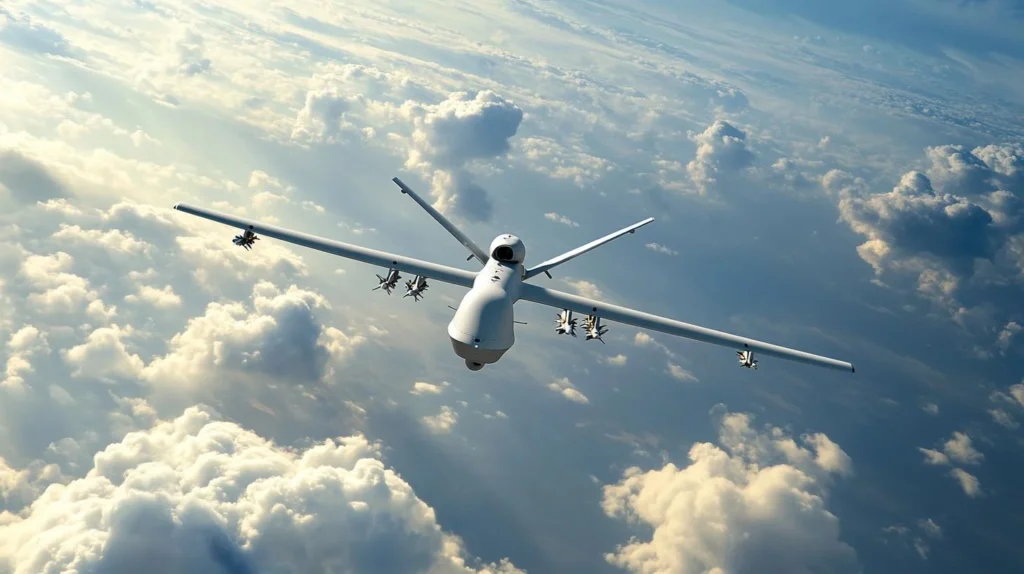Elon Musk
Elon Musk, the CEO of SpaceX and Tesla, has ignited a debate on the future of air combat with his recent remarks on drones and fighter jets. Speaking out against modern manned fighter jets, Musk argued that drones are the future of warfare and should replace traditional jets.
His comments were made in response to the US’s ongoing defense spending, an area where he was tapped by President-elect Donald Trump to recommend cuts.
Musk highlighted the growing obsolescence of fighter jets in the age of drones, claiming they are “obsolete” and could unnecessarily risk pilots’ lives.
In particular, Musk criticized the F-35 fighter jet, developed by Lockheed Martin, calling it an expensive and ineffective design. The F-35, which entered service in 2015, is often regarded as the most advanced stealth fighter jet in the world.
However, Musk took aim at its multi-role design, describing it as a “jack of all trades, master of none.” He pointed out that the F-35 was burdened with trying to meet too many requirements for various branches of the military, making it unnecessarily complex and costly.
According to Musk, the F-35’s design is flawed because of its attempt to fulfill too many roles, from stealth to intelligence gathering, resulting in a high price tag and operational challenges.
Musk’s criticism also extended to the overall cost of the F-35 program, which has faced setbacks due to issues with its software and electronics.
Despite these problems, several countries, including Germany, Poland, Finland, and Romania, have signed contracts to purchase the aircraft, driven by its stealth capabilities and multifunctional design.
Musk’s advocacy for drones as the future of air combat aligns with his broader belief in the potential of reusable technology. He emphasized that drones could achieve similar, if not superior, capabilities as fighter jets while being far more cost-effective.
He posted a video showing hundreds of drones flying in formation, illustrating his vision for air combat in the future.
While Musk’s statements have drawn significant attention, experts like Mauro Gilli, a researcher at the Swiss Federal Institute of Technology, have raised counterarguments. Gilli pointed out that the F-35’s high costs are mainly due to its sophisticated software and electronics, rather than the inclusion of pilots.
He also noted that the existence of the F-35 has forced US adversaries like Russia and China to develop their own advanced fighter jets and radar systems to counter it.
According to Gilli, scrapping the F-35 program could potentially ease the strategic constraints faced by these rivals, but it would also eliminate a key military asset for the US.
Musk’s views on drones, however, resonate with the growing trend towards automation and cost-effective military technologies.
His proposal to prioritize reusable drones over expensive, manned fighter jets could reshape the future of air combat and defense spending, though it remains to be seen how this vision will influence future military strategies and policies.


